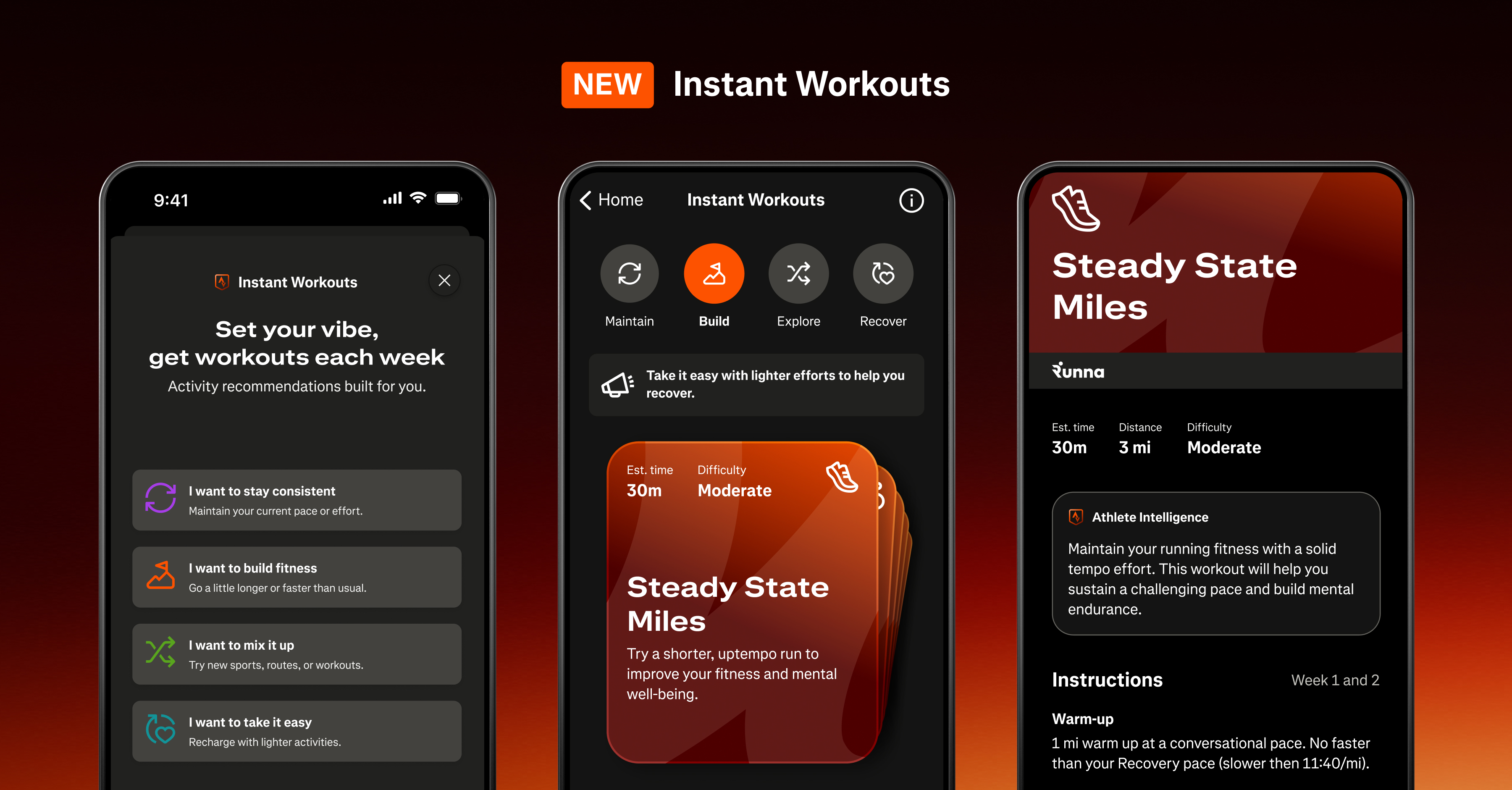The T-Mobile Sprint merger is approved and is finally going ahead [Updated]

What you need to know
- Federal judge set to approve T-Mobile / Sprint merger.
- The ruling comes after more than a dozen states sued to block the merger.
- The new T-Mobile would have more than 100 million customers when combined.
Updated February 11, 2020: As expected, the merger of T-Mobile / Sprint has been approved. In his ruling, Southern District of New York judge, Victor Marrero, had this to say about his decision,
The court concludes that the proposed merger is not reasonably likely to substantially lessen competition in the" mobile service market and would likely "enhance competition in the relevant markets to the benefit of all consumers."
The leading attorney for the opposition, California Attorney General Xavier Becerra, issued this statement after the ruling.
Our fight to oppose this merger sends a strong message: even in the face of powerful opposition, we won't hesitate to stand up for consumers who deserve choice and fair prices.We'll stand on the side of competition over megamergers, every time. And our coalition is prepared to fight as long as necessary to protect innovation and competitive costs.
FCC Chairman Ajit Pai also tweeted out his approval of the decision, saying, "This is a big win for American consumers."
I’m pleased that a federal court has approved the @TMobile/@sprint transaction. Post-merger, the company has committed to bringing #5G to 99% of Americans within 6 years. The deal will also put critical mid-band spectrum assets to use. This is a big win for American consumers. pic.twitter.com/2ofEqxmDBqI’m pleased that a federal court has approved the @TMobile/@sprint transaction. Post-merger, the company has committed to bringing #5G to 99% of Americans within 6 years. The deal will also put critical mid-band spectrum assets to use. This is a big win for American consumers. pic.twitter.com/2ofEqxmDBq— Ajit Pai (@AjitPai) February 11, 2020February 11, 2020
After nearly two years in regulatory limbo, a federal judge is slated to approve the T-Mobile / Sprint merger, overturning state-level lawsuits that were separately filed in June 2019 and setting the stage for the largest telecommunications merger in years. The announcement is expected to be made early Tuesday, February 11 — the same day as the Samsung Galaxy S20 launch, where 5G is likely to be front and center during the event.
The new T-Mobile, as it will be called, will have a combined customer base of over 100 million, still below AT&T and Verizon, but positioning the company as a much stronger contender in the race to own 5G in the U.S.
While the judge's conditions for the approval have not been shared, the ruling isn't expected to dramatically alter the core tenets of the Department of Justice's demands to the two companies, whereby Sprint would sell Boost Mobile, its largest prepaid subsidiary, to Dish Network, and T-Mobile would be required to provide unfettered MVNO access to Dish for seven years as the satellite company builds out its own 5G network.
T-Mobile also promised federal regulators that it would not raise prices for existing customers for at least three years, and that it would offer several generous plans, such as a $15 prepaid plan, free service to first responders, and a promise of $10 billion in funding towards providing broadband access to rural and low-income parts of the country.
Get the latest news from Android Central, your trusted companion in the world of Android
The combined companies say that they will focus on building out the strongest 5G network in the country, combining T-Mobile's low-band and millimeter-wave spectrum with Sprint's vast acreage of mid-band spectrum. Sprint's spectrum is particularly valuable, since it perfectly fits the mold for 5G service, offering signals that traverse long distances on channels wide enough to carry vast amounts of data. T-Mobile's low-band 600Mhz 5G network has been criticized for performing at near the same levels as its existing LTE network.
The merger announcement comes just months before T-Mobile CEO John Legere is set to retire and pave the way for Mike Sievert, the company's current President and COO. Whether the ruling can be delayed further by state-level opponents of the deal remains to be seen, but this federal ruling is likely to be the last hurdle the two companies have to face before finally going ahead with what it intended to do back in April of 2018.

Daniel Bader was a former Android Central Editor-in-Chief and Executive Editor for iMore and Windows Central.
